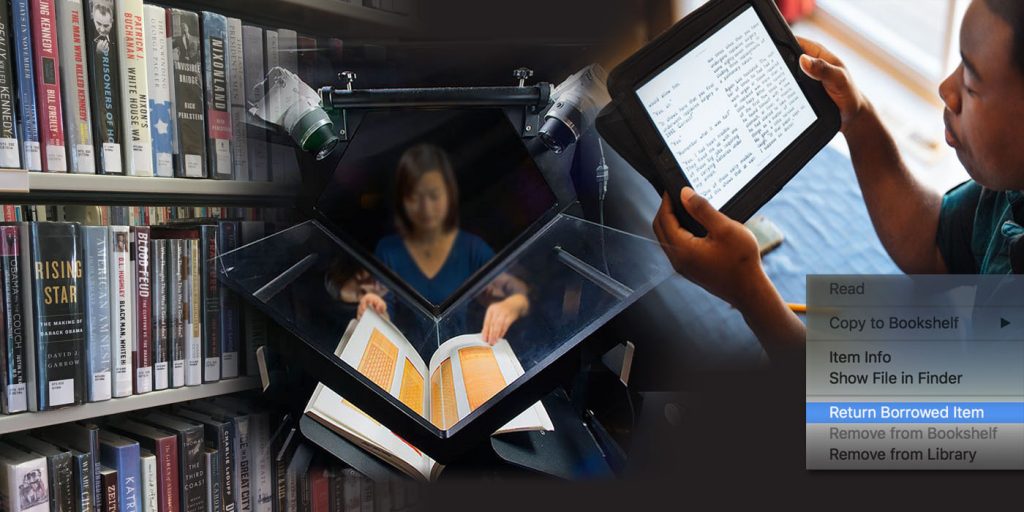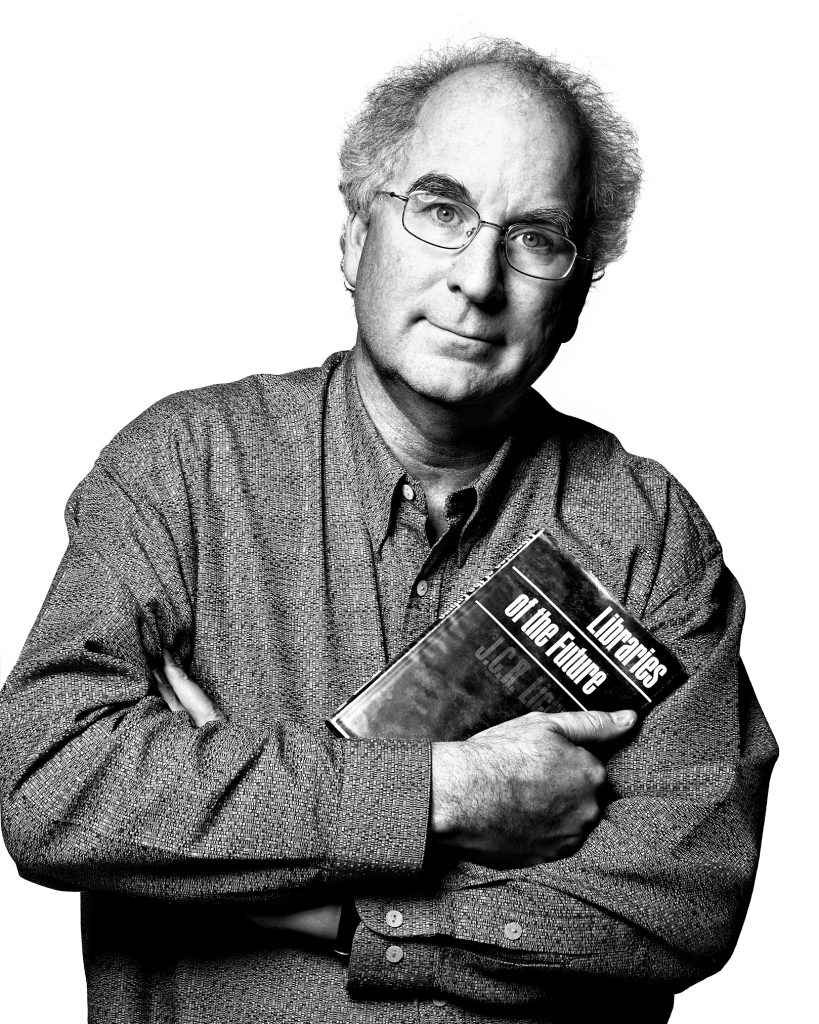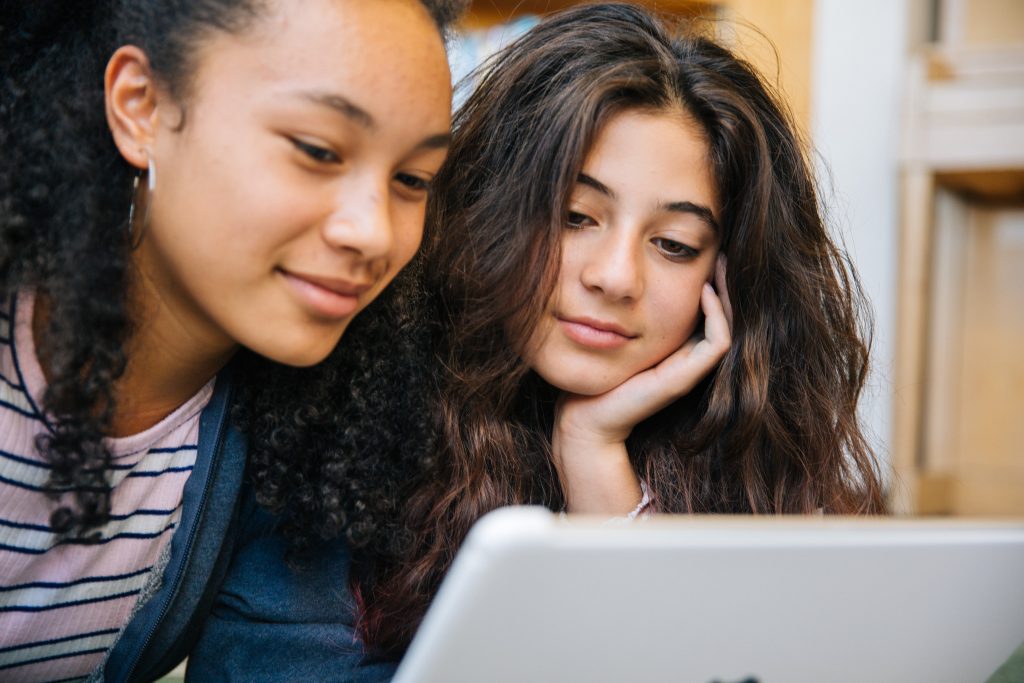
This is the first in a series of blog posts highlighting how libraries and publishers are addressing the challenges of providing digital access to materials in their print collections. Using controlled digital lending, libraries and publishers have a new model for making their printed works available in digital form in ways that protect their copyrighted materials and intellectual property. Future posts will feature examples of how libraries, publishers, and authors are utilizing controlled digital lending to reach their patrons and readers, and the impact that controlled digital lending is having for their mission-driven work.
The Internet Archive believes passionately that access to knowledge is a fundamental human right. Knowledge makes us stronger and more resilient; it provides pathways to education and the means to secure a job. But for many learners, distance, time, cost or disability pose daunting barriers to the information in physical books.

“To provide universal access to all knowledge, we need digital versions of books,” said Internet Archive Founder Brewster Kahle. “People will learn from what they get a hold of and we need high quality information – the best – accessible to everyone.”
Digitizing books has been at the core of the Internet Archive’s work for years. Since 2004, Internet Archive has partnered with more than 500 libraries to digitize and make accessible nearly 4 million books, most of which are in the public domain and therefore easily published online without restrictions for use or reuse. To address the challenge of providing access to materials that are still in copyright, in 2011 Internet Archive began to pilot a service with Boston Public Library, the nation’s oldest and first municipally funded library, to digitize and lend in-copyright books. Over the past eight years, the effort has expanded into the Open Libraries program, which now offers more than 1 million modern digitized books that can be checked out, one at a time, by readers all over the world for free. More than two dozen libraries – large and small, public and academic – are now partnering with the Archive to provide access to these materials at no additional cost to their patrons. It is a collaborative effort that is harnessing the creativity of the library community.
How controlled digital lending works

Lending digitized versions of in-copyright books to online users is supported by copyright scholars, who coined the term controlled digital lending in 2017 and described the legal framework in a Position Statement and supporting White Paper. With controlled digital lending, libraries can identify which of the books in their collection Internet Archive has already digitized, and where there’s a match, libraries can lend a digital copy instead of the physical copy on their shelves. The “control” in controlled digital lending comes via digital rights management software and protected file access which ensures that the copyright material can’t be redistributed; it is available to one user at a time, just like a printed book.
Because the access model is digital and online, controlled digital lending makes it possible for rural libraries to reach patrons with transportation issues who were previously unable to make it into a branch. Controlled digital lending allows patrons to read fragile and rare books that can’t circulate because of their value or condition. It is bringing new life to old titles that have been tucked away in storage or long out of print with no digital edition. And, it is transforming the information ecosystem and reigniting enthusiasm for libraries as the trusted place for knowledge in our current era of disinformation.
“If we don’t do this, some of the problems we are seeing with fake news will only continue,” Kahle said. “If there is no acceptable record, then history can just be rewritten with a blog post.”
Impact and future direction
Because the majority of the published works of the 20th century are not available online, the Internet Archive is prioritizing digitizing materials from the 20th century that are highly referenced on Wikipedia, included in course syllabi, and widely held in libraries. If the internet is the go-to place for information, then there needs to be a wide range of materials available. The goal is to provide access to a world-class library to all digital learners around the globe, enabling individuals and communities to raise and empower an educated citizenry. Having historical books digitized, for example those that chronicle the Civil Rights movement or World War II history, gives readers context for contemporary issues in our global society.
Adds Kahle: “Let’s bring back the breadth of the public library. Let’s bring back the wonder of being able to go into a library and have access to materials and new and different tools…I want to deliver on the promise of a better library system for our kids.”
-Chris Freeland, Internet Archive, and Caralee Adams, SPARC
Libraries are encouraged to learn more about controlled digital lending and join Open Libraries. Future posts in this series will cover the experiences of libraries, publishers, and authors that have used controlled digital lending to provide access to their copyrighted works. Follow the category Lending Books on our blog for new posts.
Pingback: Roundup (August 20, 2019) | LJ infoDOCKET
Pingback: Internet Archive Introduces a New Blog Series on “Helping Libraries Transform their Physical Collections” | LJ infoDOCKET
I think if writer answers the comments, the topic is better discussed
There will be a blog post in the series from an author, so please follow the Lending Books category for updates: http://blog.archive.org/category/books-archive/lending-books/
I think there should be a universal commission to digitize all the libraries in the world
If we don’t do this, some of the problems we are seeing with fake news will only continue
I think it should be done all over the world
Hi Chris. Question: suppose I am an individual (not an official library) and I have a nice set of books that I would like to make available on the web using CDL. Is there a way I might be able to do this?
For example, is it possible for someone like me to provide Internet Archive or a suitable Local Library with books (or digitized books), and request Internet Archive to include them in its CDL holdings?
(It is not that I want to mail you lots of books — that is not what I am asking. It is that I am curious if civilians (normal people like myself) can contribute books somehow so that they become available online with CDL. We can assume they are older books, like 20th-century books, if that helps.)
Thank you
S. Parker